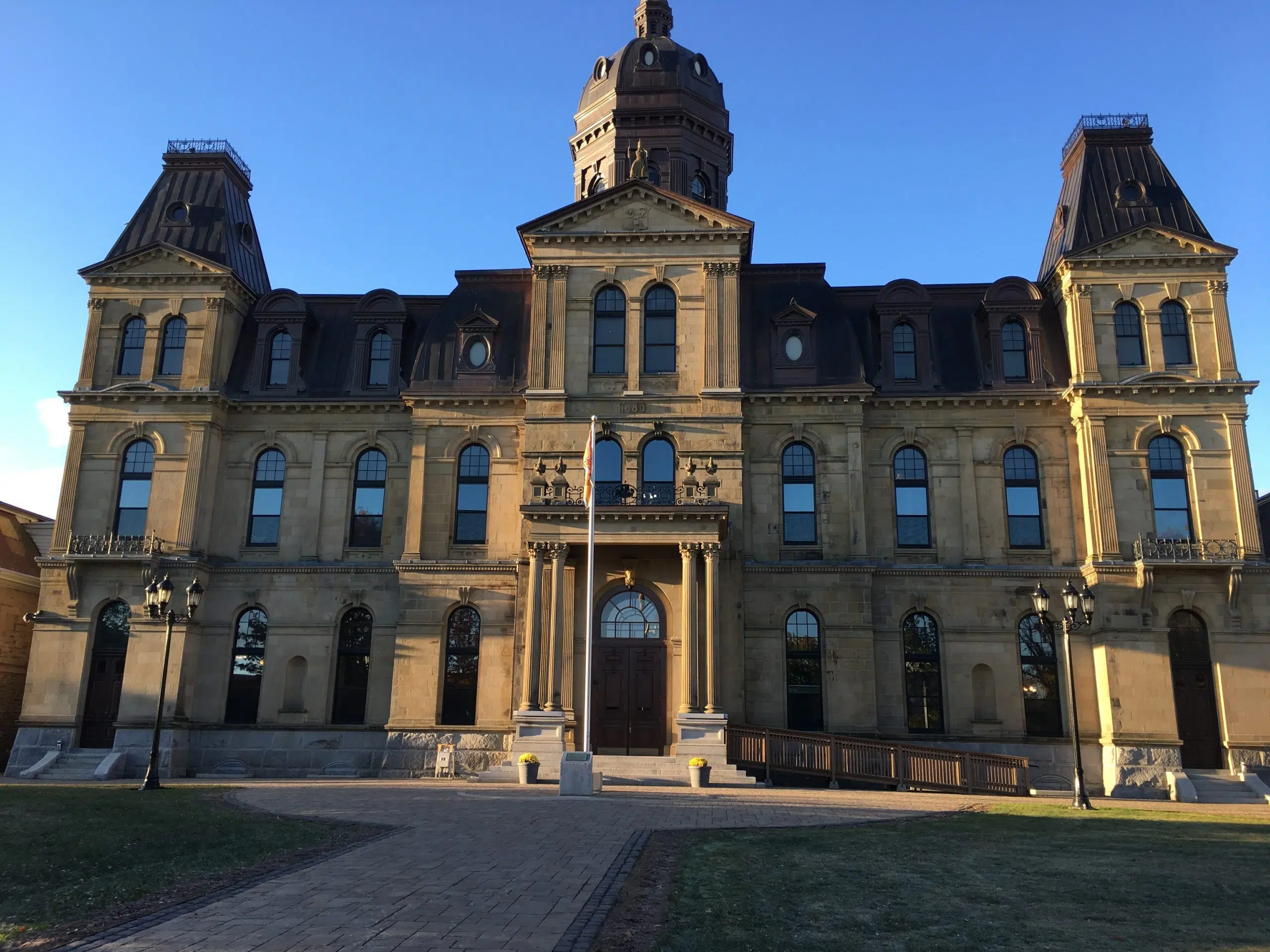Around 430,000 property owners could see their assessment values stay the same next year.
The New Brunswick government tabled legislation Tuesday for a one-year assessment freeze.
It comes as the Holt government continues its work to overhaul the property tax system.
Local Government Minister Aaron Kennedy called this a first step on the way to property tax reform.
“Reform of the property tax system is not a short-term project by any means, but it’s necessary to ensure predictability and fairness for property owners in the province,” Kennedy said in a news release.
The one-year assessment freeze would not apply in certain circumstances, including:
- New construction, with or without a building permit being issued.
- Major improvements, with or without a building permit being issued.
- Errors in any part of the assessment of the property.
- Sales or transfers of properties, except those prescribed by regulation.
- A change in the actual use of the real property or its classification.
- Real property in whole or in part omitted from an assessment of real property for the 2026 taxation year.
- A decrease in the assessment on real property.
“Property owners are facing challenges due to the rising cost of living and assessments over the past number of years,” said Finance Minister René Legacy.
“These proposed amendments, once passed, will be the beginning of property tax reforms for New Brunswickers.”
The province also plans to expand eligibility so more property owners can take advantage of the equalized payment plan.
Currently, eligible owner-occupied residential property owners can pay their annual property tax in 12 equal monthly instalments, without penalty.
The proposed changes would expand eligibility for the 2026 tax year to additional property types, including non-owner-occupied and other residential and non-residential properties.
Municipal organizations not happy
Two municipal organizations in New Brunswick are not happy with the assessment freeze being proposed by the Holt government.
The Union of Municipalities of New Brunswick (UMNB) and the Association francophone des municipalités du Nouveau-Brunswick (AFMNB) issued a joint news release Tuesday afternoon.
It said the move by the province sets a “troubling precedent for interference in municipal finances.”
“This isn’t just a freeze – it’s a chokehold. If we want to talk about affordability, let’s at least be honest about who it helps – and who it doesn’t,” said Yvon Godin, president of AFMNB.
“It gives the biggest break to those who need it the least, and does little to support low-income families, renters, or seniors.”
Brittany Merrifield, president of UMNB, said the freeze would put pressure on property taxpayers since municipalities rely heavily on property taxes.
Both organizations said without revenue growth, many local governments may have to raise taxes in order to balance their budgets.
“It puts immense pressure on municipalities to meet the mandates given to us through local governance reform and downloaded provincial services,” said Merrifield.
The freeze could cost municipalities up to $58 million, which the organizations said is nearly the full increase promised under the fiscal framework by 2026.
The province is expected to release details about a new local governance funding model on Wednesday.








